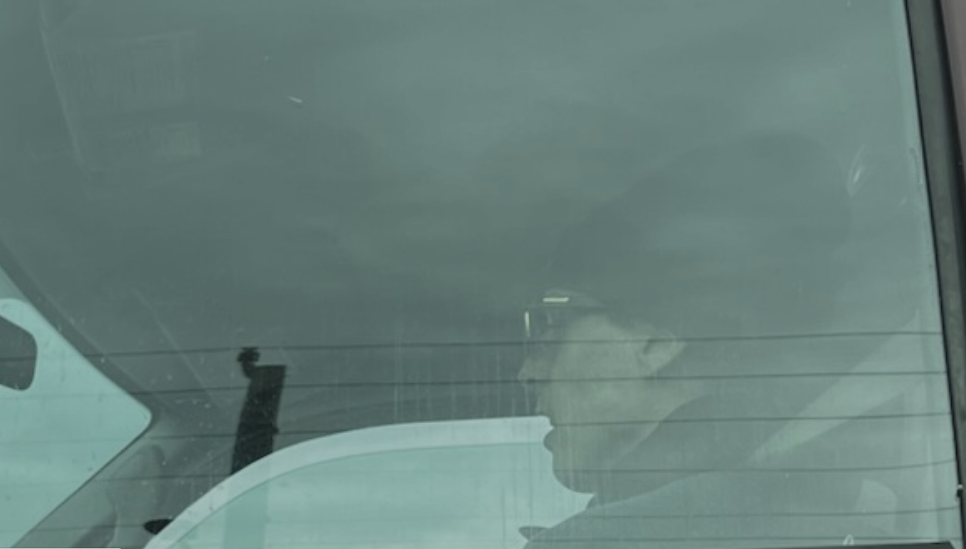Photography project aims to fund BIPOC yoga training, raise diversity awareness in Ottawa
Posted Apr 29, 2021 01:50:00 PM.
In the midst of movements to combat social injustice (and the pandemic) in 2020, Ottawa yoga teacher Kethy Sosso-Kolle posted a video calling for more inclusivity and representation within yoga spaces.
Almost immediately afterwards, fellow yoga teacher Stéphane Ippersiel reached out to take the initiative one step further.
In 2020, they created BIPOC Yogis of Ottawa, which showcases photographs and personal stories of many diverse yogis of multi-cultural backgrounds. The project’s aim is also to provide funding to support four scholarships for BIPOC (Black, Indigenous, people of colour) yogis seeking training, which can range from $3,000 – $4,000 per person.
Since 2020, they’ve received more than $6,000 through their GoFundMe Page, nearing their goal of $7,500.
Ippersiel has been photographing yogis for about five years.
“Everything just felt right about [the project], just from the get-go,” he explains. “And when we started initially, we didn't have a clear idea what we wanted to do, but we just wanted [to] capture photos, create content, and then we'll figure out what we're gonna do with it. So we just went for it and getting through [Kethy’s] networks, [we] sent a call out and [40] people responded, which was pretty solid.”
Sosso-Kolle, who is of Cameroonian-Canadian descent, has only been teaching yoga for a few years, however, she says that was always cognizant of the lack of representation in yoga studios — and similar to many BIPOC yogis’ experiences — she would often be the only person of colour in the studio.
The lack of diversity among yoga teachers specifically was something that they are also highlighting in this project.
“So, in the yoga space, how many teachers of colour do we have, [be it from] any background at all? Where are the teachers that are from India? Even fewer are from other racialized backgrounds,” says Sosso-Kolle. “We need to get active about it, we need to get active about having your town represented in your studio, and you being intentional about it.”
The resurgence of the Black Lives Matter movement and social unrest in 2020, also sparked much-needed conversations about the importance of diversity in Ottawa's yoga spaces.
For Sosso-Kolle and Ippersiel, holding Ottawa's yoga studios accountable for underrepresentation was just the tip of the iceberg.
“If Lulu Lemon is being held accountable for not having inclusive sizes in their clothing, then [it was] about time that yoga studios also got held accountable for the bodies that they represent in their media, be it a poster [etc.],” says Sosso-Kolle. “[For] the studios, it's not about intention, it's about action.”
Since it was their first time collaborating on a project like this, it also became a learning process for Sosso-Kolle and Ippersiel, terms of how they’d want to illustrate their project. Even though they had a sense of what they'd want to do, the website, for example, which they sought help from a consultant, needed something more than just photographs.
“We basically did it all ourselves, and we built a website [and had] zero experience in that,” says Ippersiel. Lots of community feedback throughout the process made things easier, he adds.
“We had a lot of people show up and then demonstrate their willingness to support this and we weren't charging people anything for the photoshoot. Everything was free, I guess that was a bit of an incentive.”
Despite the challenges, both Sosso-Kolle and Ippersiel have still been able to give many BIPOC yogis in Ottawa a platform to share their stories and create a community as well.
For Sosso-Kolle, her biggest lesson from working on this passion project is that she never stops learning. It's also given her more space to continue to advocate for underrepresented BIPOC yogis, which she hopes others can do as well.
The biggest hope that they both have for this project is that it can inspire other yoga studios, even outside of Ottawa, to take similar initiatives, which will hopefully spark change to make yoga studios more inclusive.
“The yoga industry needs to move to a more inclusive space and right now, I don't think it's there,” says Ippersiel. “Hopefully, with this project, with as humble as it is, hopefully it will change… and the hope is that other cities take on something like this. We'd love to see [this] emulated elsewhere.”








